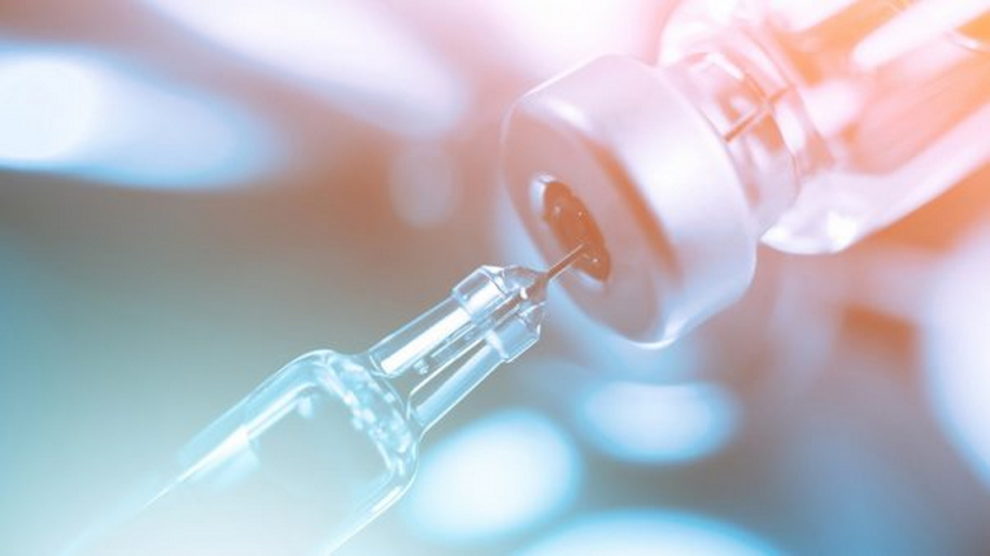Seven boys ages 14 to 19 suffered from a very rare type of heart inflammation that looks like a heart attack. It’s one that public health officials are beginning to link to COVID-19 vaccines, CNN reports.
The boys complained of chest pain and general discomfort, and tests initially indicated that they were suffering from an acute myocardial infarction, or heart attack.
“Fortunately, none of our patients were critically ill, and they all responded very quickly to treatment,” said Dr. Judith Guzman-Cottrill of Oregon Health & Science University at a National Vaccine Advisory Committee meeting on Thursday.
All of these patients, however, quickly recovered after they were hospitalized for cardiac monitoring due to their symptoms, the CNN report says.
Guzman-Cottrill believes the heart inflammation, known as myocarditis, was caused by a very rare reaction to the coronavirus vaccine. All seven boys had recently been vaccinated, and none of them were reportedly infected with coronavirus.
“I am wondering if myocarditis is actually an additional rare adverse event related to systemic reactogenicity and/or immunogenicity and these younger patients just tend to have more reactogenicity compared to older populations — and more severe reactogenicity,” she said at the NVAC meeting.
According to CNN, NVAC advises the US Department of Health and Human Services and has asked Guzman-Cottrill to describe findings published in the journal Pediatrics on June 1st.
The seven boys experienced chest pain, fever, and other symptoms, and their test results matched those seen in people suffering from acute myocardial infarctions (MI) — the technical term for a heart attack. However, none of the teenagers were experiencing a heart attack.
Within a few days, all of the patients had recovered. Aspirin, ibuprofen, and steroids were among the treatments tried.
The big question is whether myocarditis can be linked to vaccines, and if so, whether the risk to children and adolescents is greater than the risk of contracting the virus.
The Centers for Disease Control and Prevention (CDC) has urged doctors to consider the risk of myocarditis and a similar condition known as pericarditis in children and teenagers who show up with heart symptoms.
“Adolescents and young adults with acute chest pain, shortness of breath, or palpitations should be evaluated for myocarditis and pericarditis. Coronary events are less likely to be a source of these symptoms in this younger population,” it advises. Doctors should also inquire about recent vaccinations.
Dr. Rochelle Walensky, Director of the Centers for Disease Control and Prevention, said her agency is on the lookout for cases but is finding them to be unusual.
Walensky, on the other hand, stated that she has not hesitated to vaccinate her own children.
“Vaccination is the best way to protect our adolescents, teens, and young adults from Covid-19 and its complications,” Walensky said at the briefing.
In another relatedly concerning news, a post of a Twitter user named Tami Burages has gone viral. In a series of tweets she explained what has happened to her brother’s 13-year-old son after his second COVID vaccine shot. Check her tweets below:
Our family is devastated.
I struggled with putting this out on twitter. I am pro-vaccine. We vaccinated my own 14-year-old son as soon as it was available.
I know it is *mostly safe*.
But Jacob is dead now.
— Tami Burages (@tburages) June 20, 2021
Doctors in Virginia and Texas also reported similar findings in a case series of seven men ages 19 to 39 last week. They, too, had concerning symptoms such as chest pain. They were diagnosed with myocarditis, treated, and released, according to the doctors, who published their findings in the journal Circulation.
(SOURCE: CNN)
